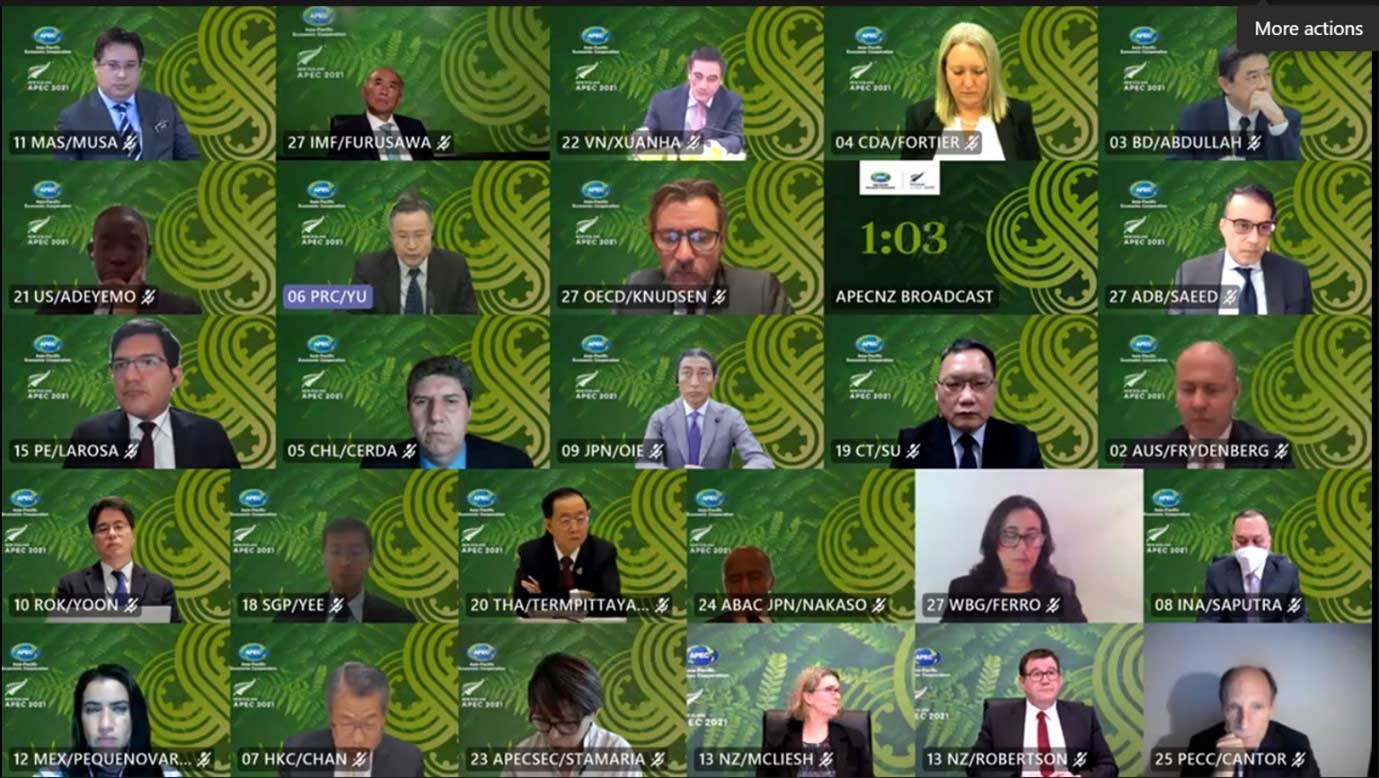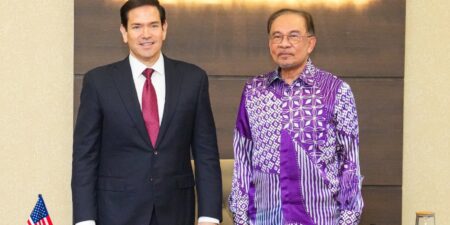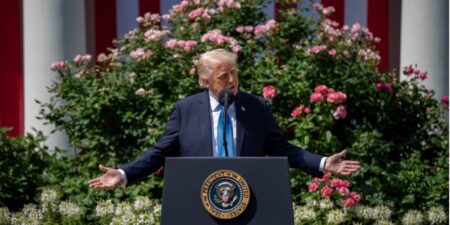BGA’s teams across the Indo-Pacific provided ground input for the latest iteration of BGA’s COVID-19 Indo-Pacific series. The update, released January 6, included insights on the impact of the omicron variant surge and implications for companies.
The key highlights in BGA’s COVID-19 Indo-Pacific series included:
- Public worries about omicron vary
Picture from APEC’s first-of-its-kind informal retreat on 16 July 2021 focused on COVID-19 (Photo Credit: APEC). across the region, but country preparedness had already been well underway in terms of potential changes to travel and testing procedures and movement restrictions. Countries like India had been on high alert quite early on after being hit by a previous wave, while those like Singapore had been more on the cautiously optimistic side due to the lower severity of omicron and the country’s high vaccination rate. - Governments with major upcoming political signposts in particular, including local or national elections, are seeing this enter into part of the national debate and have attempted to act decisively. Korea’s finance minister had warned about the impact on supply chains, and the Philippines has adjusted its alert levels and travel restrictions accordingly.
- Policymakers and businesses should closely watch not only macro impacts, but effects on individual sectors and how the multi-wave nature of the pandemic can affect the broader race to recovery. Even in relatively smaller developing markets like Bangladesh, planning and guidelines are evolving to be more sectoral in nature. In major Asian economies like China and Japan, policymakers are well aware that regional effects can dampen overall economic projections as well as individual macroeconomic indicators.
BGA will continue monitoring the effect of the ongoing pandemic on the Indo-Pacific and the implications for companies. Questions can be directed to BGA Head of Research Murray Hiebert.

Head of Research
Murray is a top Asia expert and skilled researcher with three decades of experience living and working in Asia. His networks in business, media and government circles are deep and wide-ranging. He is also a senior associate of the Southeast Asia Program at the Center for Strategic and International Studies (CSIS) in Washington, D.C. Earlier he served as deputy director of the program for six years. Prior to joining CSIS, Murray served for five years as senior director for Southeast Asia at the U.S. Chamber of Commerce where he worked with leading American companies, the U.S. government and Southeast Asian ...
Read More


























